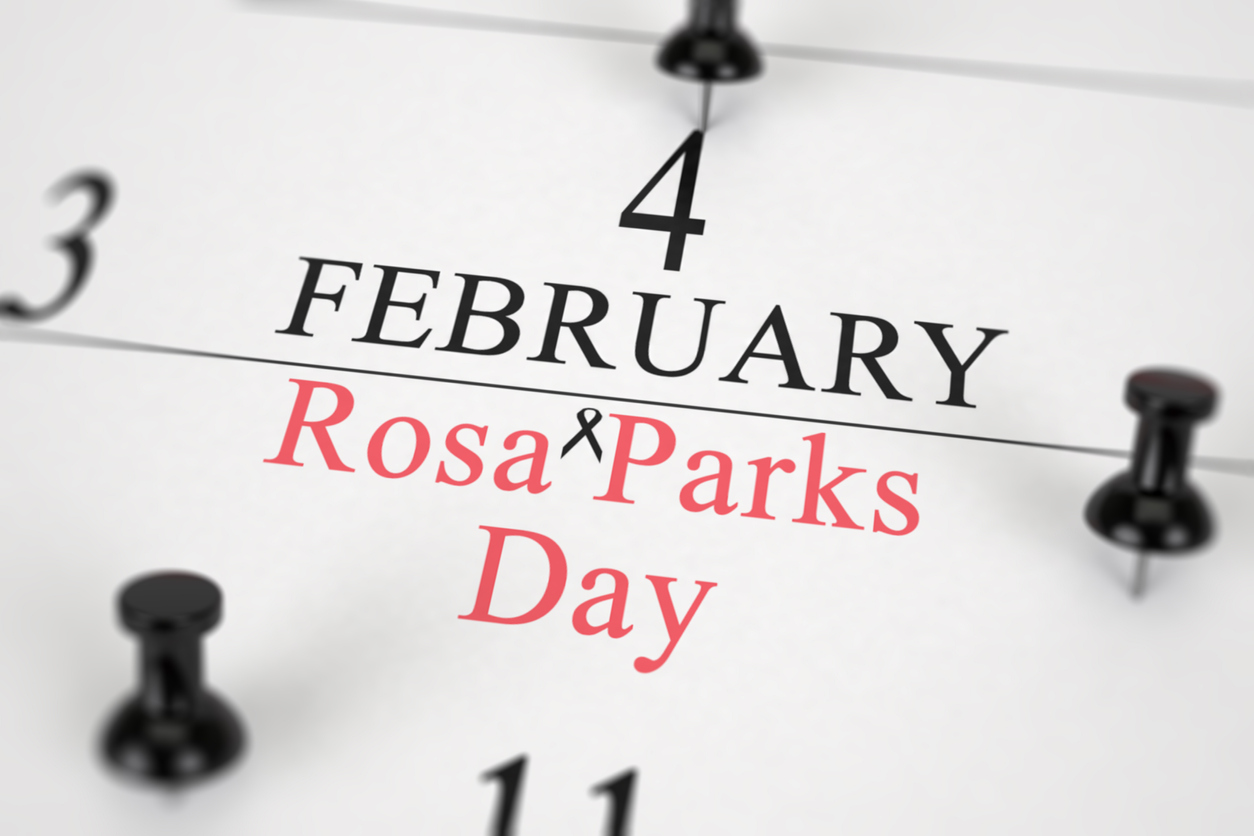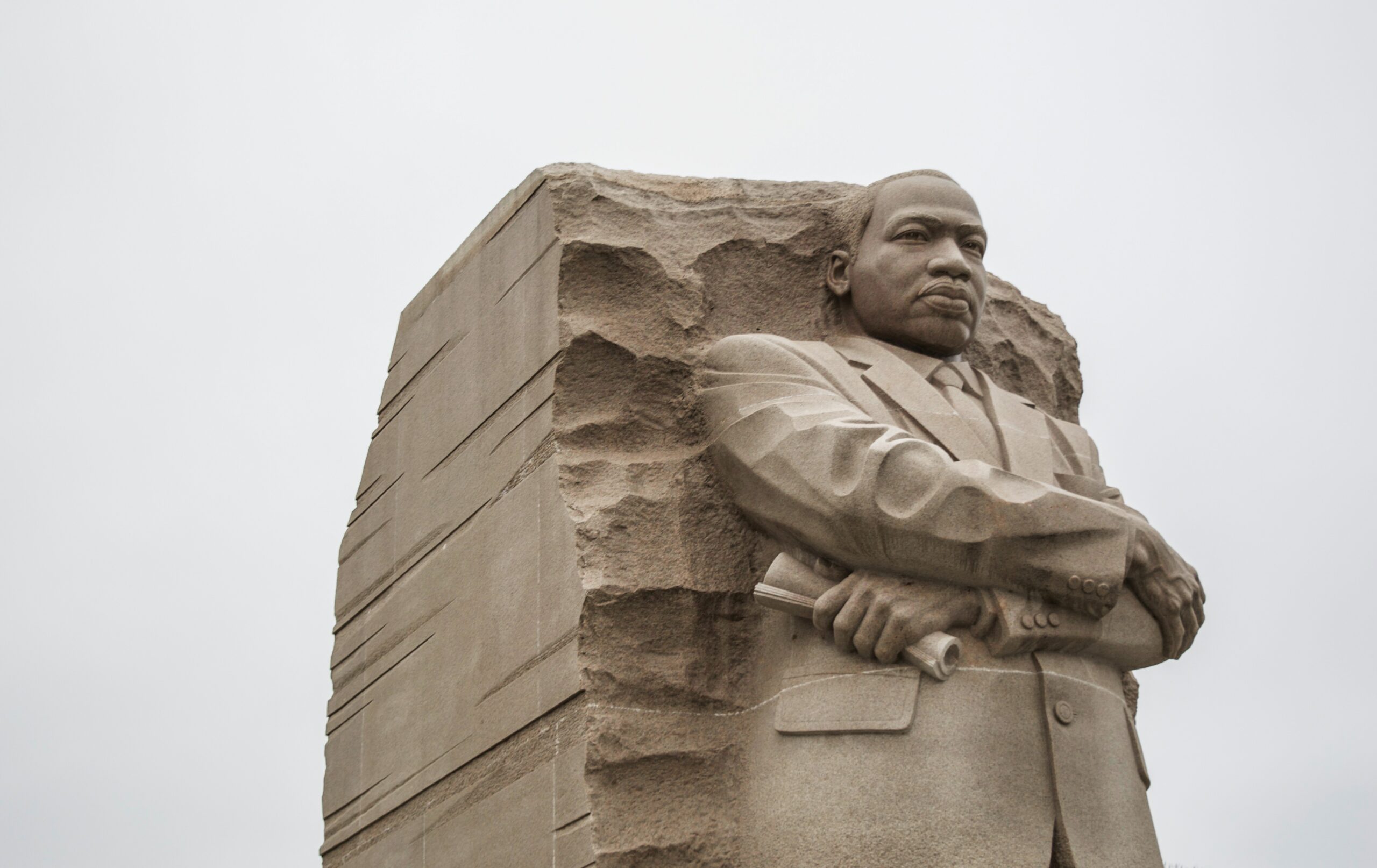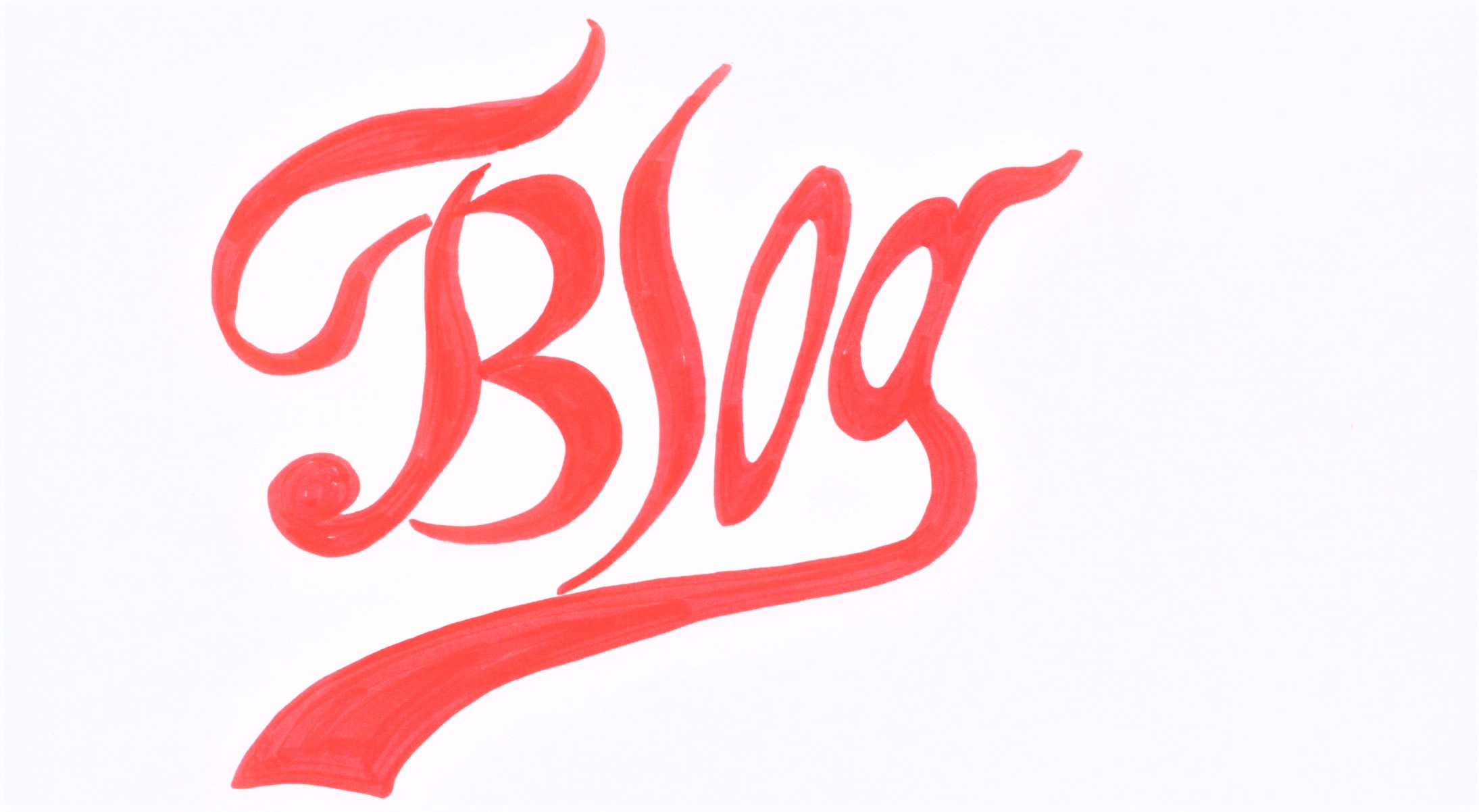21 American Protest Songs
Posted on December 14, 2020
by Eric P
Sometimes I Feel Like a Motherless Childin Catalog
Sometimes I Feel Like a Motherless Child
“Sometimes I Feel Like a Motherless Child” is a spiritual that arose from communities of enslaved Black Americans and first became widely known when the Fisk Jubilee Singers performed it publicly in the 1870s. In its mournful and heartrending depiction of family separation, it viscerally brought the inhumanity of enslavement to the attention of the masses not unlike the reception of Harriet Beecher Stowe’s novel Uncle Tom’s Cabin.
Lift Ev’ry Voice and Singin Catalog
Lift Ev’ry Voice and Sing
“Lift Ev’ry Voice and Sing,” often called the Black national anthem, is a James Weldon Johnson poem musicalized by his brother J. Rosamond Johnson. Unusual among protest songs for its joy and optimism, it stands in defiance against ongoing violence and oppression.
Sing a song: how Lift Every Voice and Sing inspired generations
Lift every voice and sing
Lift every voice and sing : a celebration of the African American national anthem
Crazy Bluesin Catalog
Crazy Blues
Not only was Mamie Smith’s “Crazy Blues” a monster hit that proved the commercial viability of Black expression and women performers, but it’s also a protest song that embraces subtext. It’s a rollicking song about a woman resolving to resist her abusive husband, but that story of domestic brutality maps slyly onto a protest against broader systems of societal oppression. Of course, it’s not all subtlety – the final verse in which the speaker declares she’s going to “get myself a gun and shoot myself a cop” doesn’t exactly err on the side of understatement.
We Shall Overcome
“We Shall Overcome” has its roots in gospel music and was sung in labor protests before becoming inextricably associated with the American civil rights movement.
This Land is Your Landin Catalog
By Woody Guthrie
This Land is Your Land
By Woody Guthrie
Woody Guthrie’s “This Land is Your Land” is pretty much what you’d expect to get when a family-friendly patriotic anthem is written by a political activist who famously emblazoned his guitar with the slogan “This Machine Kills Fascists.”
Strange Fruitin Catalog
By Billie Holiday
Strange Fruit
By Billie Holiday
|
There’s possibly no more haunting and upsetting protest song in the American songwriting canon than “Strange Fruit,” which Billie Holiday made famous in 1939. A mournful, unsettling and uncompromising indictment of the persistent American crime of racist lynching, “Strange Fruit” occupies such a pivotal space in our culture that there are whole books about the song
A Change is Gonna Comein Catalog A Change is Gonna Comein Catalog
By Sam Cooke
A Change is Gonna Come
By Sam Cooke
Sam Cooke specifically wrote his 1964 song “A Change is Gonna Come” to address the civil rights struggle after he was turned away from a whites-only hotel and arrested for objecting. The title and chorus are optimistic but the lush production of the song has a forlorn and somber feel.
Say it Loud (I’m Black and I’m Proud)in Catalog
By James Brown
Say it Loud (I’m Black and I’m Proud)
By James Brown
James Brown’s 1968 propulsive funk hit “Say it Loud (I’m Black and I’m Proud)” was a declaration of Black empowerment that borrowed from traditional spirituals and influenced countless hip-hop artists
Fortunate Sonin Catalog
Fortunate Son
Though Creedence Clearwater Revival’s blistering 1969 song “Fortunate Son” has become shorthand for the Vietnam War thanks to countless movie soundtracks, the anger in its lyrics focuses more on the injustices of class privilege
Okie From Muskogee
By Merle Haggard
Merle Haggard’s “Okie From Muskogee,” released in 1969, is the rare anti-protest protest song, written by Haggard to support soldiers and condemn what he perceived as entitled obliviousness on the part of American anti-war demonstrators
Ohioin Catalog
By Crosby Stills Nash & Young
Ohio
By Crosby Stills Nash & Young
Similarly, but on the opposite end of the political spectrum, Neil Young wrote “Ohio” in 1970 in response to the Ohio National Guard’s shooting of thirteen protesting Kent State students. As befits a song that was ripped from yesterday’s headlines, it was recorded quickly and rushed out for rapid release, though calling out President Nixon by name in the lyrics kept it off some radio stations’ airwaves.
What’s Going Onin Catalog
By Marvin Gaye
What’s Going On
By Marvin Gaye
Inspired by police brutality at anti-war demonstrations and the conflagrations of the Watts riots, Marvin Gaye’s 1971 song “What’s Going On” took a quieter and more beseeching approach to processing despair and outrage, resulting in a sui generis recording that was so unlike anything else that the record label didn’t even understand how to market it.
Hurricanein Catalog
By Bob Dylan
Hurricane
By Bob Dylan
Bob Dylan has multiple sweeping protest songs in his catalog but his impassioned, eight-minute-long “Hurricane” from 1976 takes on a narrow subject: the racist prosecution and wrongful murder conviction of the boxer Rubin Carter. And while it may be overreaching to credit the song’s cascading storytelling, raspy vocals, and careening violin line for Carter’s eventual release from prison ten years later, it certainly didn’t hurt – and it helped inspire the Denzel Washington movie along the way.
9 to 5
By Dolly Parton
Dolly Parton’s catchy “9 to 5” was the theme song for the 1980 movie of the same name, but its influence has persisted well beyond the usual half-life of a soundtrack album. Its plucky but unsentimental vision of low-wage office work has resonated especially with women whose career dreams were curtailed by a power-tied patriarchy
Talkin’ ‘bout a Revolutionin Catalog
By Tracy Chapman
Talkin’ ‘bout a Revolution
By Tracy Chapman
Tracy Chapman’s subdued vocals on her 1988 single “Talkin’ ‘bout a Revolution” makes her one of the unlikeliest rabble-rousers on this list. But with uncompromising lines like “poor people gonna rise up and take what’s theirs,” the song went on to become a staple of the Tunisian Revolution and the Arab Spring.
Fight the Powerin Catalog
Fight the Power
Public Enemy’s dense and propulsive collages of samples sound like jams dispatched from a war zone. “I’m a firm believer that hip-hop can change the world,” said Chuck D. 1989’s call to insurrection “Fight the Power” is probably their most famous protest song – “A work of art / To revolutionize” – but
By the Time I Get to Arizonain Catalog
By Public Enemy
By the Time I Get to Arizona
By Public Enemy
…1991’s “By the Time I Get to Arizona” is a more targeted musical grievance, objecting to the titular state’s rejection of Martin Luther King Jr Day with what sounds a lot like a literal call to arms.
John Walker’s Blues
By Steve Earle
Country singer-songwriter Steve Earle probably didn’t intend his song “John Walker’s Blues” to be a protest song as much as a nuanced character sketch of a troubled American youth. But the youth in question was the so-called “American Taliban” John Walker Lindh, and the song ends with a reading from the Qu’ran, and the song came out less than a year after 9/11. Some listeners decided to receive the song as an incendiary and anti-American celebration of fanaticism. But Earle called the album with “John Walker’s Blues” “the most pro-American record I’ve ever made. I feel urgently American.”
Alrightin Catalog
By Kendrick Lamar
Alright
By Kendrick Lamar
Despite its catalog of injustices (“We hate po-po/ Wanna kill us dead in the streets for sure”), Kendrick Lamar’s driving 2015 rap track “Alright” is more overtly hopeful than a lot of the songs on this list – “We gon’ be alright,” the chorus promises, with incantatory insistence. Pulitzer winner Lamar wanted to create something celebratory in the face of adversity. Maybe that’s why it became a literal protest song, chanted again and again at Black Lives Matter rallies across the country.
Rolling Stone
33 revolutions per minute : a history of protest songs, from Billie Holiday to Green Day
Classic protest Songs
Did you like this blog post? Keep up to date with all of our posts by subscribing to the Library’s newsletters!
Keep your reading list updated with our book lists. Our staff love to read and they’ll give you the scoop on new tv-series inspired titles, hobbies, educational resources, pop culture, current events, and more!
Looking for more great titles? Get personalized recommendations from our librarians with this simple form.




